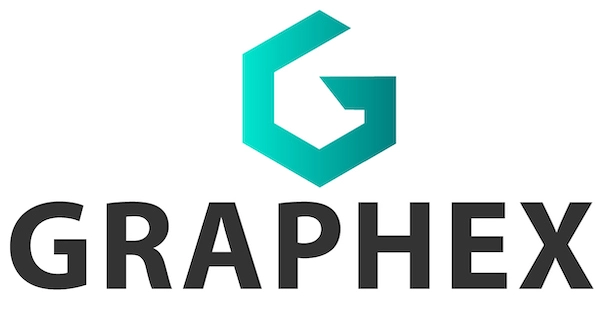U.S. Limits China’s Ability to Benefit From Electric Vehicle Subsidies

The Biden administration issued new rules to prevent Chinese firms from supplying parts for electric cars set to receive billions of dollars in tax credits.
The rules are meant to limit the role that firms in China can play in supplying materials for electric vehicles that qualify for federal tax credits. They will also discourage companies that seek federal funding to build battery factories in the United States from sourcing materials from China or Russia.
John DeMaio, chief executive of Graphex Technologies, which is building a factory in Michigan to process graphite for batteries, said the rules might temporarily slow electric vehicle sales by making it harder to qualify for the tax credit. But in the long run, he added, they will encourage investment in domestic suppliers.
“It might be a hiccup,” he said, “but in general it provides certainty and clarity to get people off the fence.”
This article is a snippet only.
To continue reading this post, please visit the New York Times.
Related Posts
- Will designating China as an “entity of concern” spur the development of US supply chains?
- U.S. Limits China’s Ability to Benefit From Electric Vehicle Subsidies
- China’s restriction on graphite exports could stymie US EV makers
- EVs with Chinese parts won’t qualify for the full $7,500 tax credit from 2024
